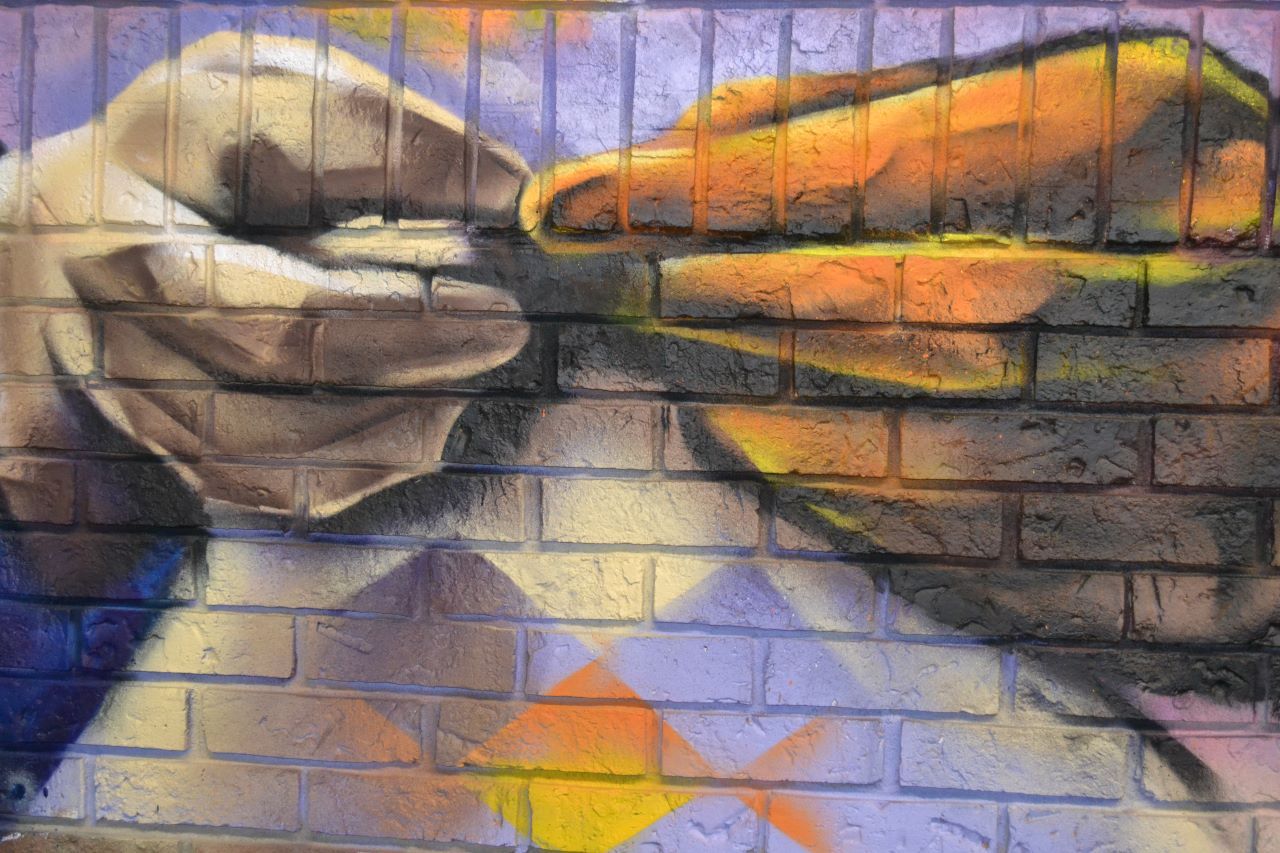The never-ending COVID-19 story has triggered so many people to push their opinions onto others. This “Us Vs. Them” mentality is polarizing our narrative and needs to stop.
It is threatening our education as students now, with the threat of an Ontario colleges faculty strike looming. The unwillingness to reckon with the opposite side is harmful and unproductive. It is not a solution by any means. Failure to negotiate has a negative effect on everyone.
With the two-year anniversary of the World Health Organization declaring the global pandemic, there is an urgent need to get back to being the people we were when we respected each other’s opinions rather than lashing out in the face of opposing views.
The pandemic has caused us to noisily protest against those we disagree with, exposing just how vulnerable humankind is to division. The past two years have pulled Canadians farther apart, according to a recent survey conducted by the Angus Reid Institute.
At the onset of the pandemic, “Canadians had an absolute sense of common purpose and really approved of what they were being asked to do,” the study said. But the “we’re all in this together” mentality has disintegrated over the past 24 months.
Chronic uncertainty has brought out our worst and given us compassion fatigue, especially when it comes to understanding a viewpoint radically different than our own. If we care enough about one another, we must put an end to this constant condemning and “othering” whenever we hear an opinion we don’t like.
In any large group of people – be it in a group of friends, a family, an institution, or in a workplace – there are sure to be different opinions. And that’s okay.
Some of us want to burn our masks the second we are able to; others say they’ll hold onto them for a while after mandates are lifted. Some of us would do anything to get back to the office full-time; others would rather continuing to work from home. Some of us will never go back to self-serve salad bars or public water fountains; others won’t think twice about it.
Some of us are fully-vaccinated, and some of us are not. Some people consider Fox News fake news, others think CBC is conspiracy. This is not going to change, no matter which side of the argument you are on.
Each of us has a stance and reason for thinking the way we do. Relearning how to respectfully disagree is the only way back to a world where we can tolerate those we don’t understand.
We can’t ignore how much has changed within us since the “before times.” The pandemic has uprooted our lives and plotted us against each other. We weren’t properly prepared for any of it. And now our concept of “normal” has become so distant and fragmented, it is hard to imagine a way out of this mess.
But maybe there is no new normal. Maybe we’ve seen too much to revert back to how things were before. Maybe we are looking ahead at many uncomfortable years as society recovers from the side-effects of misinformation and incongruent truth.
The unprecedented rollercoaster ride that began on March 11, 2020 and is still not over has affected us all in ways we never predicted. It has ended relationships and divided families. It has unearthed some of the darkest truths of global reality and made us allergic to uncertainty.
But no matter how deeply some of us may disagree – on vaccine mandates, masks or lockdowns – we can all agree on one thing: we want this to be over.
In our attempts to make sense of it all – from social-distancing and isolation, to convoys and inflation – we have become too far apart.
It is time to come back together, reconnect as human beings and get on with our lives.


